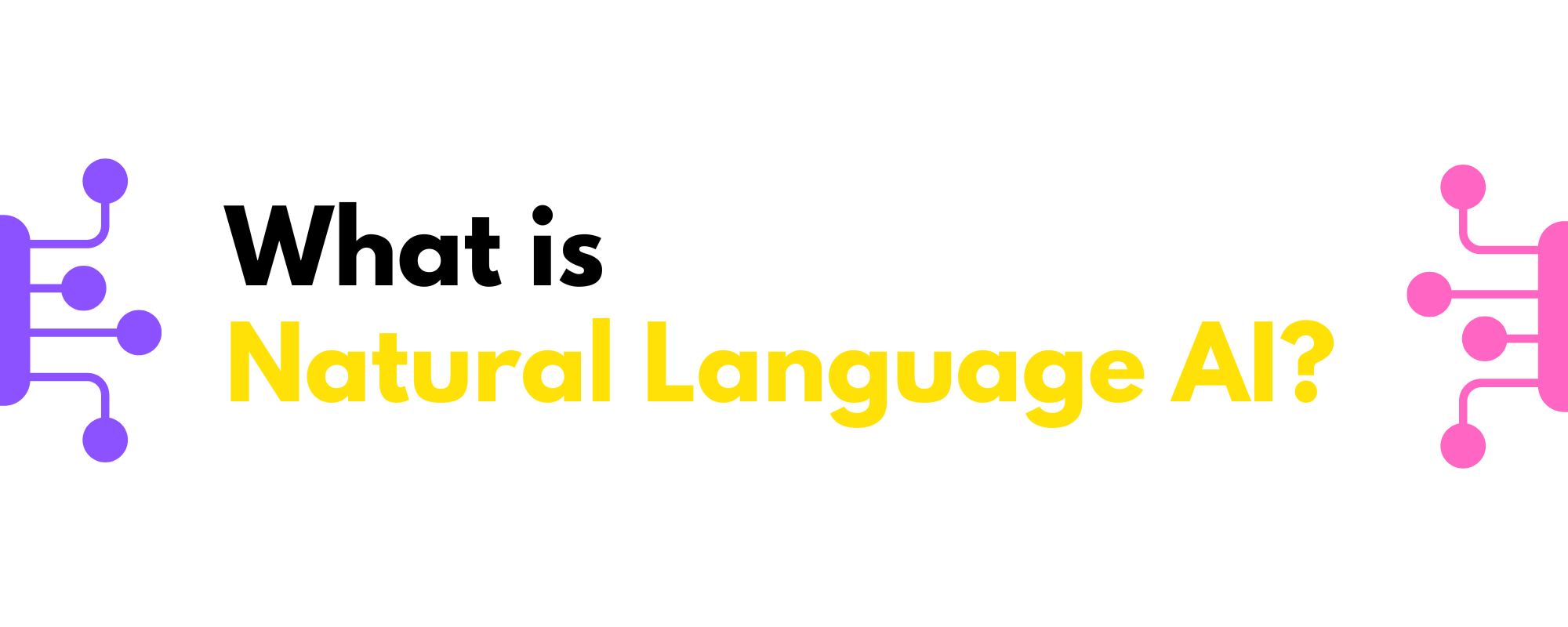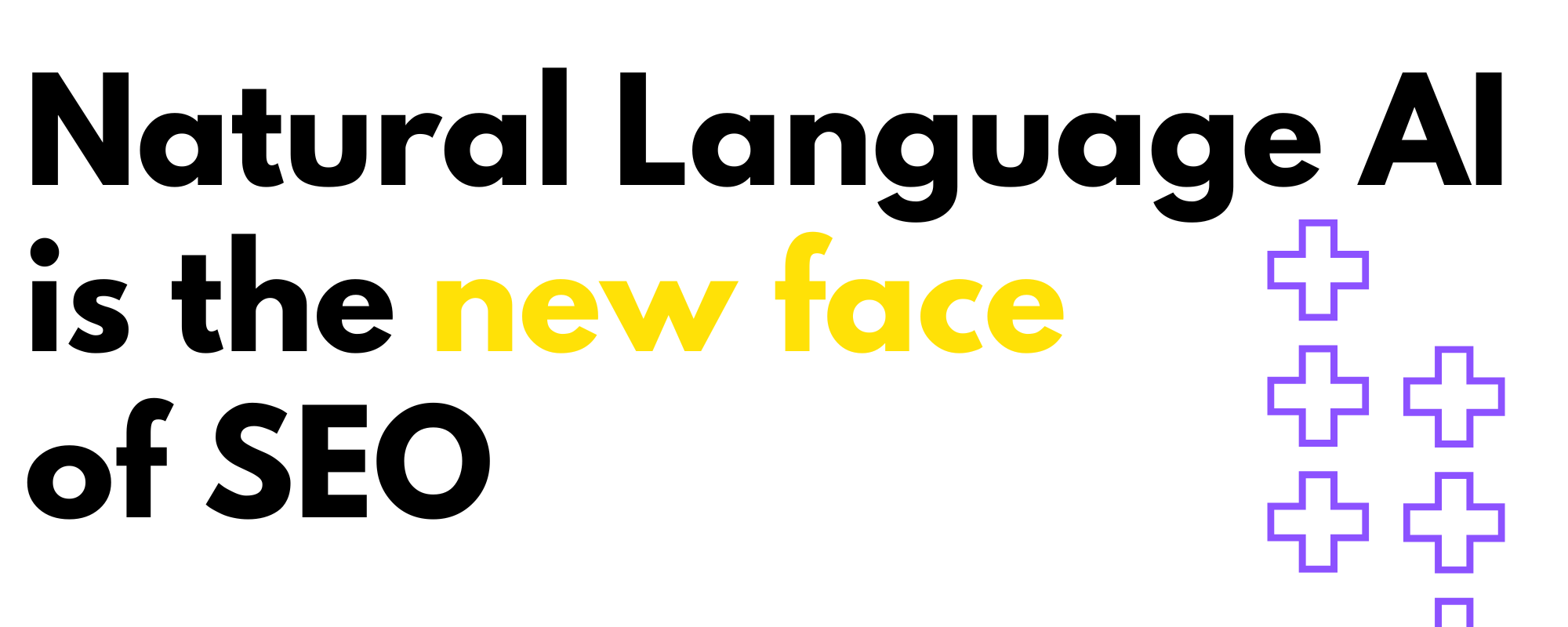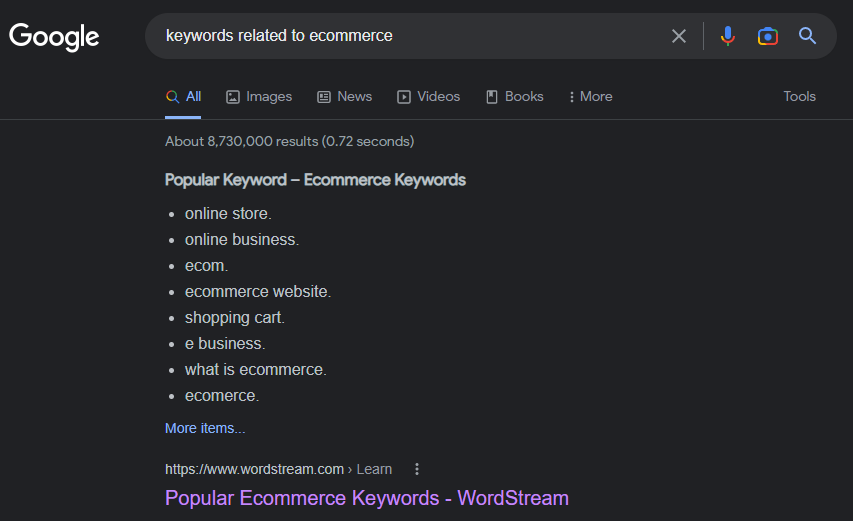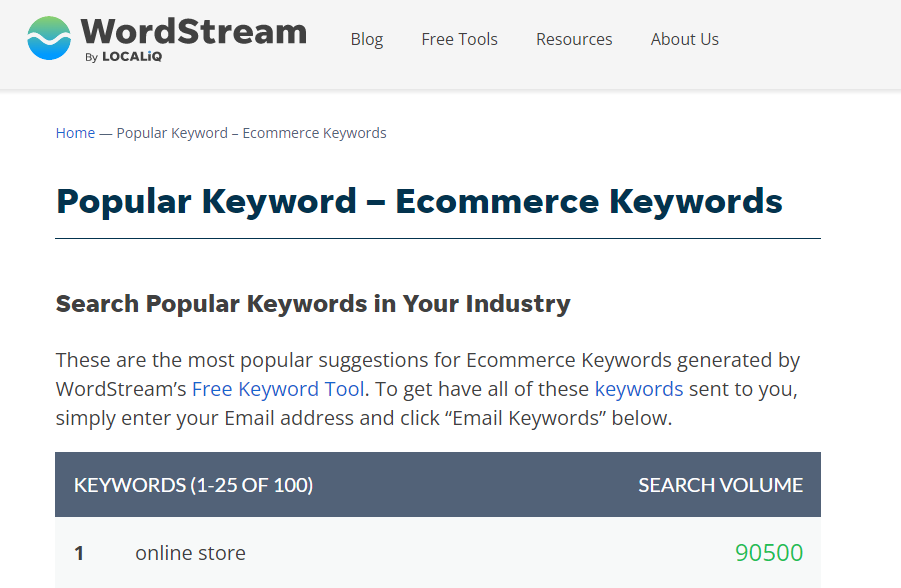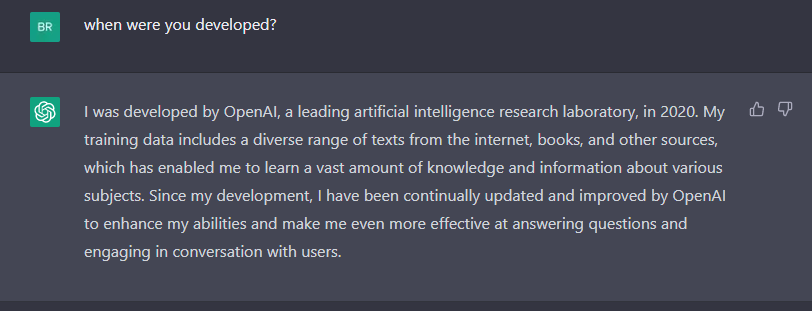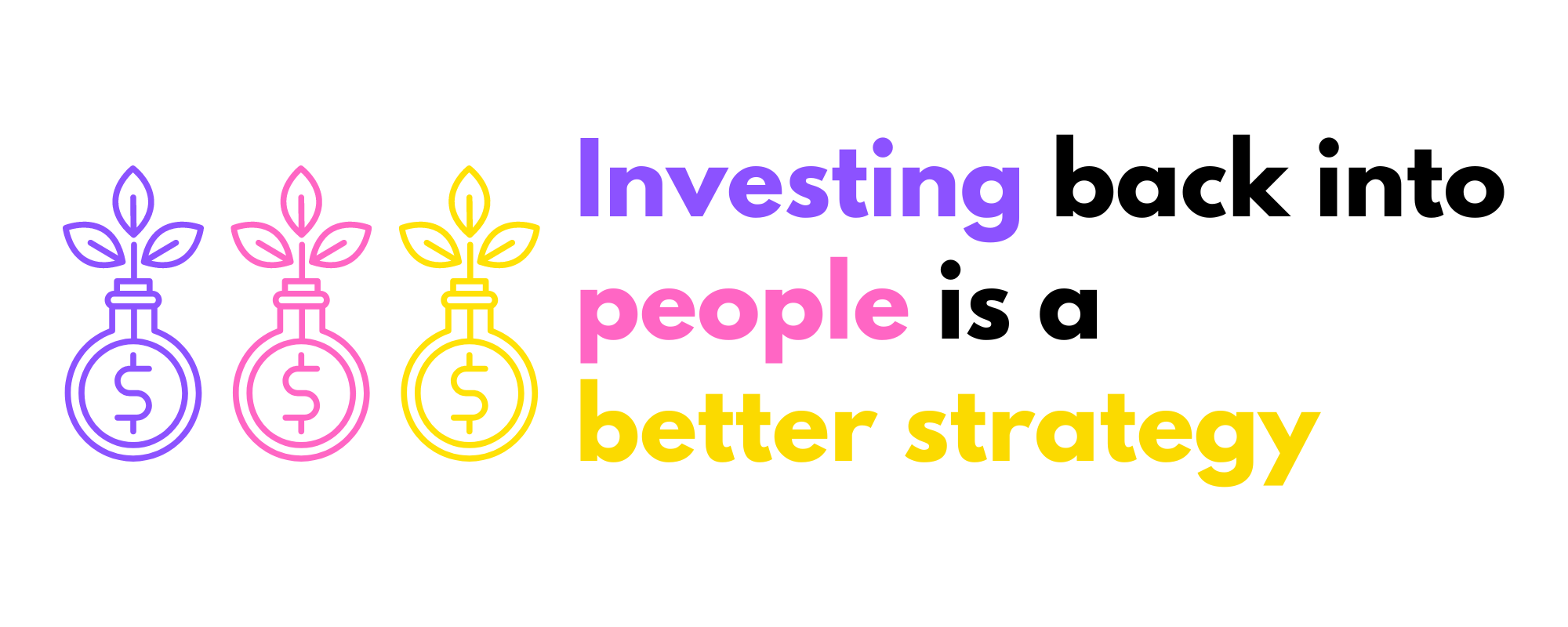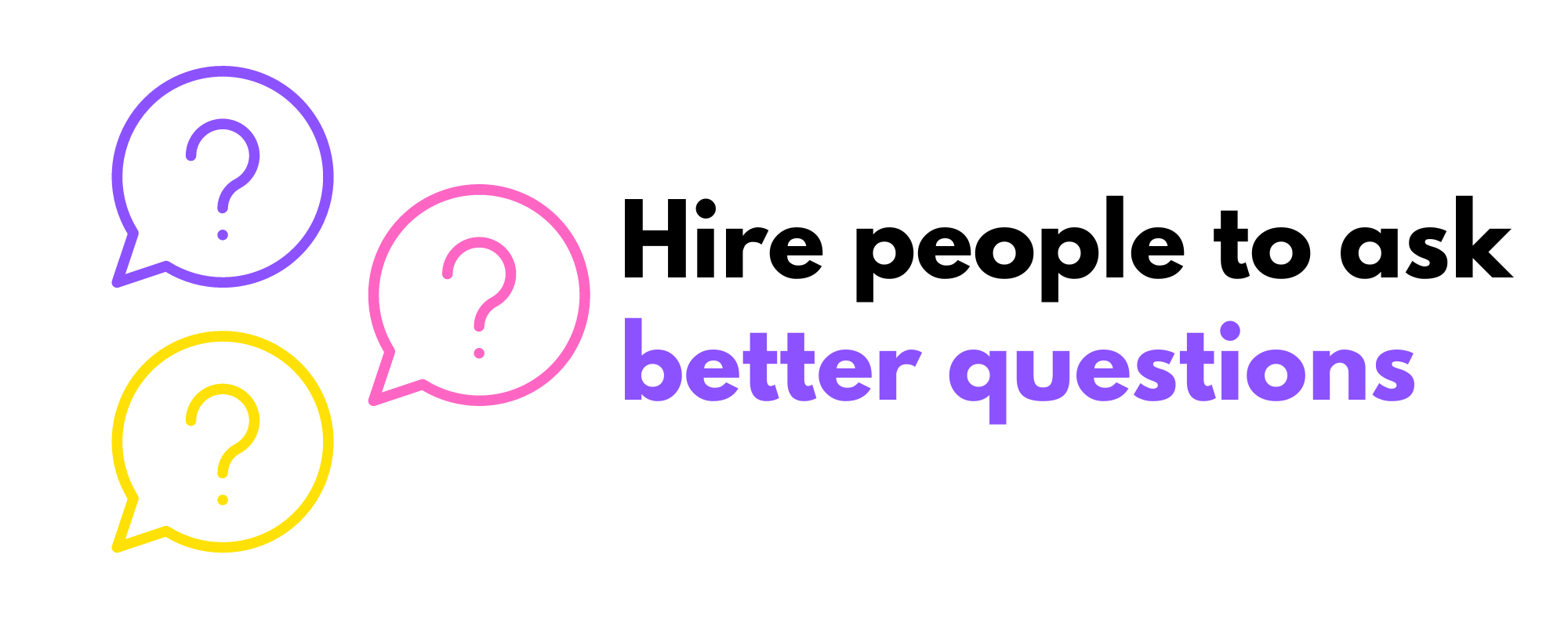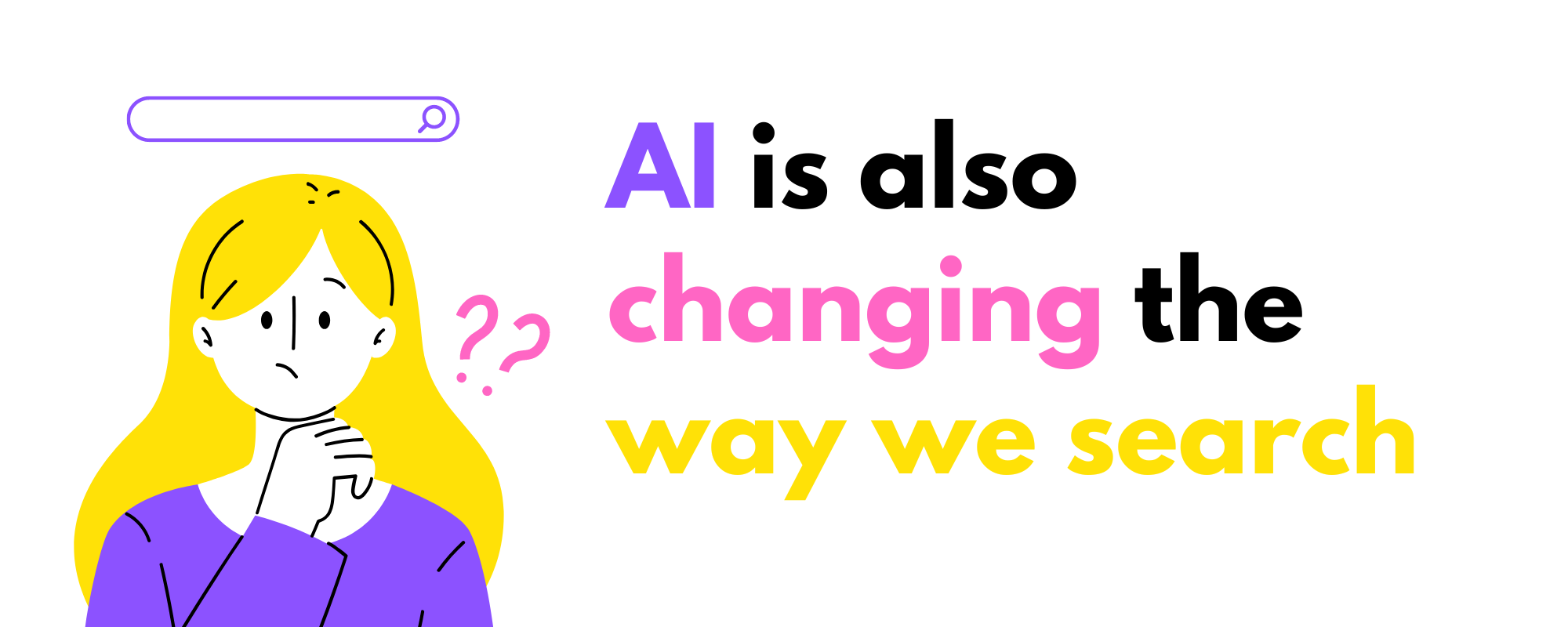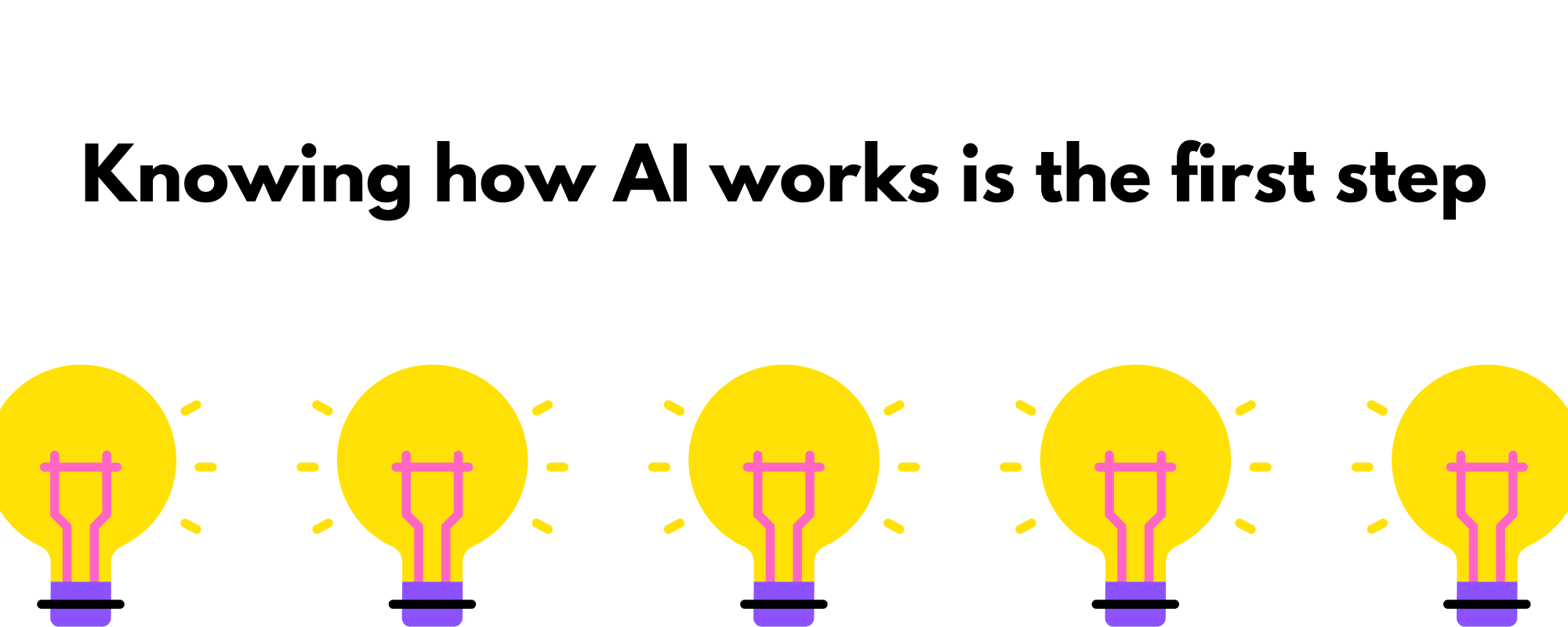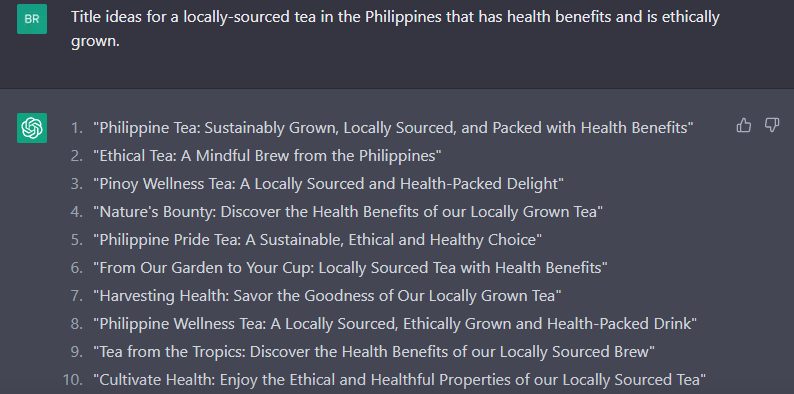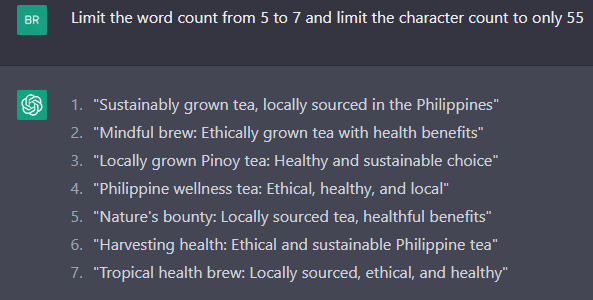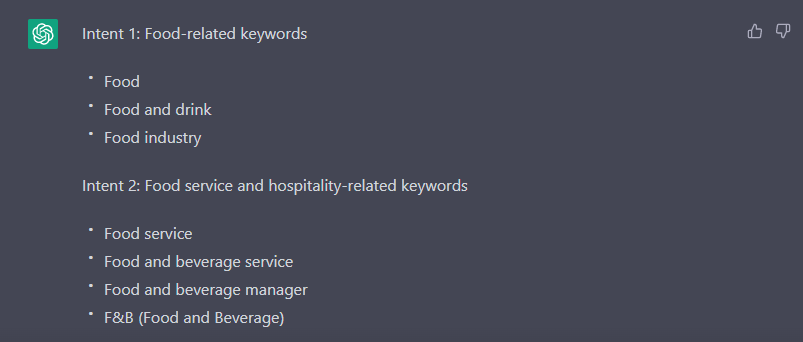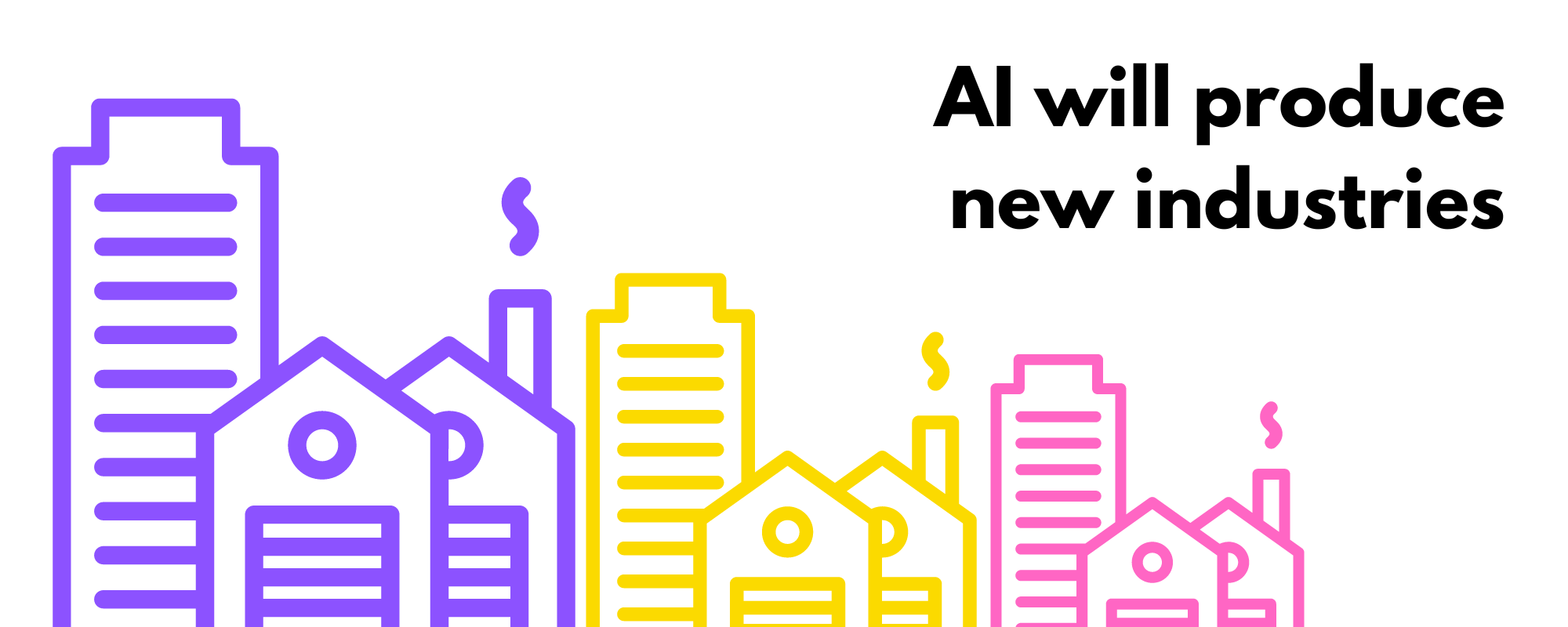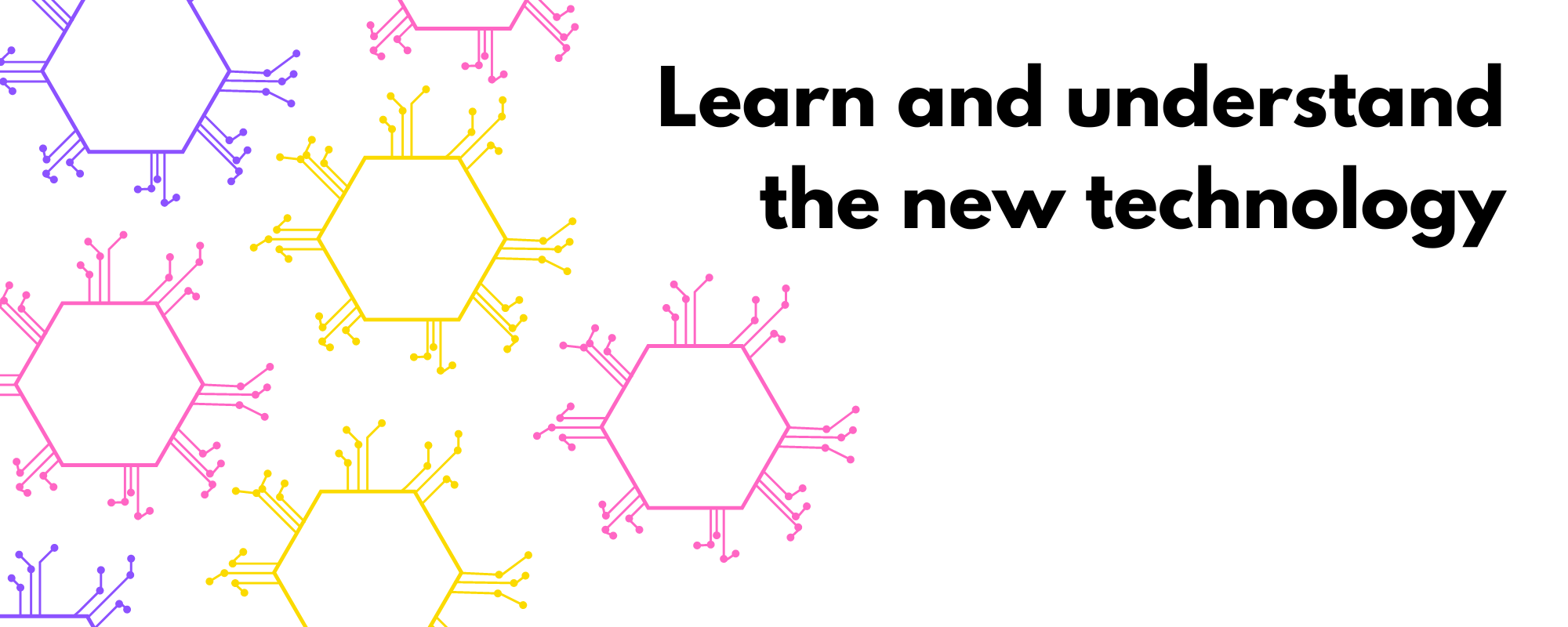The short answer is no. It won’t kill SEO, but it will change SEO as we know it.
While we can have a semantic argument about “changing the way it used to be is almost the same as killing it” like the Ship of Theseus argument.
But if we think of the technical term, “killing” an industry like SEO means that it will be obsolete and not be needed by organizations. Therefore, SEO will not be killed although it can change fundamentally.
Before we dive deeper into that argument, let’s determine first what are Natural Language AIs.
Natural Language AIs
Natural Language AIs are artificial intelligence programs that use natural language processing to simulate speech and conversation. The most well-known application of this is ChatGPT. And to emphasize, ChatGPT isn’t just performing language processing.
The GPT in ChatGPT means Generative Pre-trained Transformer. So aside from having 3 language models, it’s trained to learn and transforms what it learned into its output.
Having this model provides great results because communication and language is tailoring your responses to the one you are talking to.
For example, the easiest way to figure out that you are talking to a chatbot is to determine how similar its response is to your input. If you ask a question very casually and the bot’s response is very formal, you would know that the conversation doesn’t have a natural flow.
It’s quite impressive how humans have this intuition with language, even though we are not explicitly taught to observe these things. We can quickly feel that there is something different just based on speech alone.
So ChatGPT is a very different breed because it applies speech patterns learned through input making it sound very conversational.
The Concerns For SEO
Now you might be thinking, why are we concerned about the rise of ChatGPT and its effects on SEO when it’s designed for conversation, rather than analysis? Well, we will dive deeper into the GPT side of ChatGPT.
Well, part of performing a good conversation is being able to provide good answers to questions. And ChatGPT gives great answers, even if you ask technical questions.
I asked ChatGPT to give me some keywords related to Ecommerce and it gave me 20 keywords, in 15 seconds.
To be fair I also did something similar on Google and it took about 2 seconds to get the results.
Now let’s give context to this exercise. Initially, you would be impressed that an AI designed for conversations would give accurate answers to technical questions.
On the other hand, when compared to the same query on Google, it looks kinda underwhelming.
But to give another layer to this, we have to remember that Google has been the incumbent search engine for years now. They already have the experience and infrastructure to produce extremely fast results.
ChatGPT was just launched in November last year. I asked and it said it was just developed in 2020. So it was a 2-year development until its launch last year in November.
Google Search was released back in 1998 giving it a 22-year head start before ChatGPT’s development and 24 years before its release.
So it’s kinda unfair to compare the two. It’s literally comparing a baby to an adult.
However, we have no choice because there is nothing quite like ChatGPT. It’s closer to Google than anything else.
But now that we have the full context, the first concern with ChatGPT killing SEO is replacing SEO experts with AI.
AI Replacing SEO Experts
The main concern of workers is this thought by business owners: “Why would I need to pay for a professional when I can get similar answers for free?”. The question can be applicable across multiple industries including SEO.
But I don’t think this is the right question to ask. The fundamental question is why do you need people? Because they are resources.
The first question is geared towards lessening production costs to get higher margins. It is a valid business strategy but not always effective.
A great long-term strategy is investing back into people: Both employees and customers.
The argument can then become: Well, an AI doesn’t have emotions so it won’t get tired or sad and affect ROI. But to counteract that question, well then how do you incentivize AI to perform better?
Business owners, usually, don’t have the knowledge or expertise to program an AI to produce better results.
In ChatGPT’s case, you just have to ask better questions. But as business owners, who is going to ask those questions to ChatGPT? More likely, it’s going to be the business owners.
But notice that the solution just brings more work to the business owner. It’s counterintuitive for business owners to take on more responsibility when their ultimate goal is to delegate. The more stuff gets removed from their plate, the better he is as a founder or CEO.
The best solution is to integrate rather than terminate. More on that later. Use ChatGPT as it is, a tool. So the fears of getting replaced are valid but not really viable for businesses. It’s a bad and frankly, lazy business decision to remove people to be replaced with AI.
AI Changing Search Behavior
I think the main concern that businesses should be focused on, especially with SEO, is the way it will change the “search behavior” of users.
See for years, we have always applied a top down approach on search engine queries. Users apply a fairly general query, then the user themselves search for the specific answers they want.
However, with ChatGPT’s approach it’s more like a bottom up approach in which it gives you a fairly specific answer. It isn’t about skimming through a lot of relevant answers, but rather making your question more and more specific.
Related to this is the behavior Google users have which is kinda funny. I am a writer by profession but I also do this sometimes. Grammar goes out the window when asking Google.
Rather than asking “What’s the nearest restaurant near my location?” I just type in “Restaurants near me.” And that is not even one of the worst ones.
Whether we admit it or not, Google changed our thinking and the way we search.
It will not be surprising if an innovation like ChatGPT will also change how users think and act. So maybe in the future, I can’t be lazy anymore if I want answers and make an effort to make coherent questions.
And for now, we can’t definitely say if the perspective or behavioral change would be for the better or worse. It’s too early.
We can’t even say how it will change SEO. I think it will have the opposite effect to be honest because people already have a habit of picking one answer above the rest on Google. ChatGPT just reinforces that behavior by providing you an answer, instead of the answers.
So I think SEO will be more aggressive than ever because it’s not going to be enough to just be in the top 10. Now, you have to be at the top because ChatGPT always seems to just give the top answer, depending on your question.
Integrate AI Into Your Workflow
There is an old saying that the first step to defeat your enemy is to know how they work. This is hyperbolic because AI is not our enemy and we don’t want to defeat it. But we really need to know how it works because it’s changing the reality around us whether we like it or not.
As I mentioned earlier, we need to think of innovations like this into a tool that we can use to our advantage.
Here are some simple examples that even SEO newbies can use for ChatGPT.
The simplest is to go ask it for some title ideas.
You can even go and customize it to your liking such as adjusting the word and character count.
Or you can ask for help organizing keywords.
It even gives you a prompt if it can’t organize the keywords into a specific criteria.
Lastly, you can even ask it for more complex techniques like creating code or editing content.
But there are 2 things that you need to remember. First is GIGO. Garbage in, garbage out. If you don’t specify your queries enough, you’ll get suboptimal results.
Second, is just accepting its prompts. The main concern of this article is AI killing jobs and industries. If you just accept its prompts, then you let the AI kill your job and industry. You have to treat it like a tool to help you, not a tool to replace you.
AI Will Produce New Industries
We can’t really determine what the ultimate goal of ChatGPT is in the future. I don’t think it aims to be a competitor to Google.
Again, we just make this comparison for us to easier understand what it is by comparing it to something a bit familiar.
And to give this piece something positive or something to look forward to, I think this AI revolution is not just going to change jobs forever, it will also lead to newer jobs.
Before “tech” was an industry, there were no roles such as product manager or specialties such as front-end and back-end developer.
So I think in the future, there will be an AIO (Artificial Intelligence Optimization), optimizing your information to be picked up by AI so that it will be the result to be shown.
Sometimes we forget that the basic concept of algorithms and search engines is word of mouth and recommendations on steroids.
Google already did the asking for you, so if you ask “What are the restaurants near me?” It will check who’s talking about the restaurants in that area and give you those recommendations.
That’s kinda how SEO works as well. It’s setting up keywords, content, and your platforms (website, social media) to make it a topic of conversation.
So maybe in the future we will also have to account if AIs will pick the content up and show it as results if AIs like ChatGPT goes mainstream.
And if AI goes mainstream, there will definitely be more jobs downstream.
According to Mira Murati, CTO of OpenAI (the company behind ChatGPT) AI needs regulation in the future. So we need professionals, lawmakers, policy makers, developers and more people to help AI succeed.
The Future is AI
I think the best outcome for this will be the balance between man and machine. A balanced ecosystem between users, people behind the technology, and technology itself. All of the entities are living in harmony with each other, complimenting each other’s needs.
That may be too utopian or too good to be true, but it is possible. And to avoid dystopia, we need to act now and understand it.


